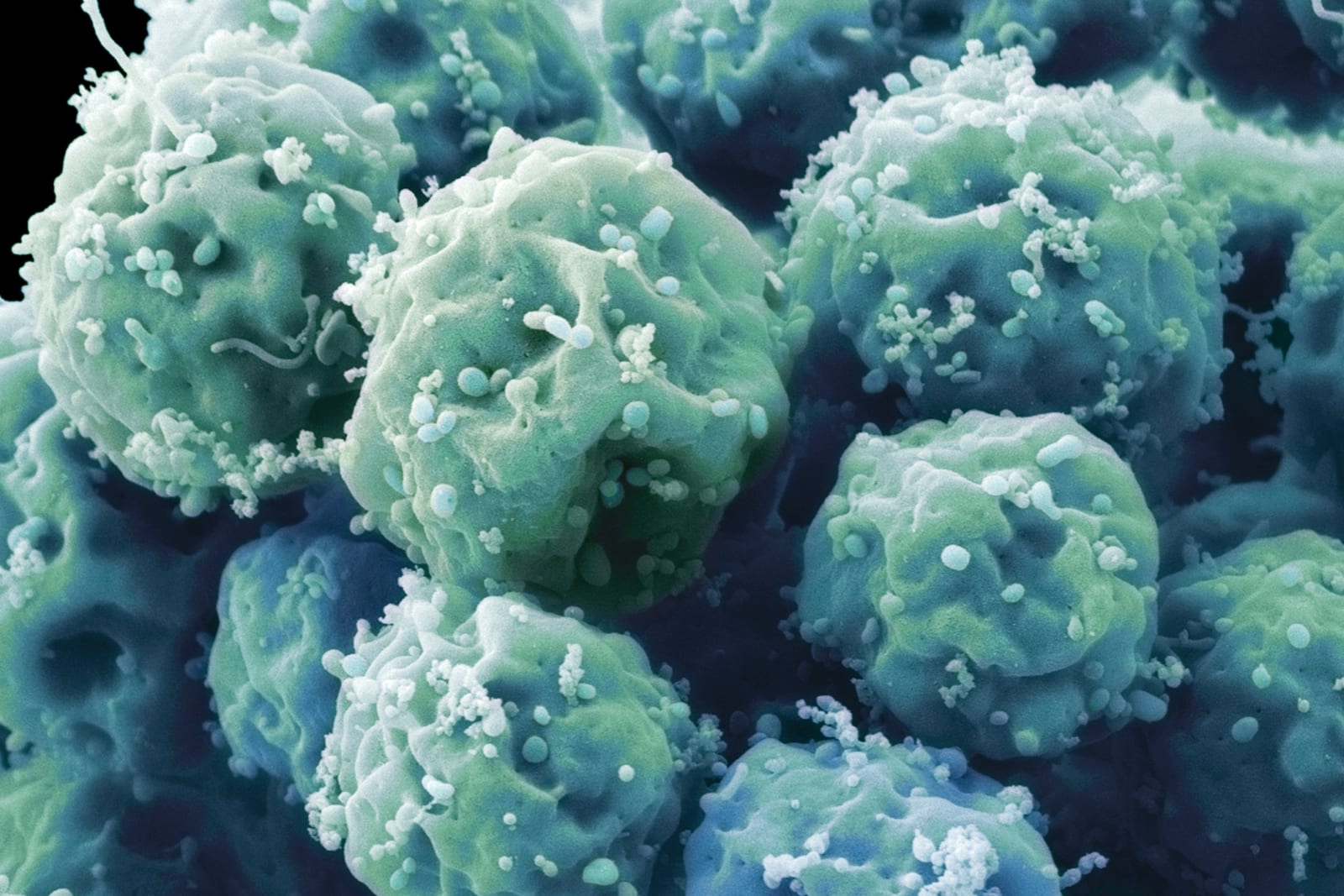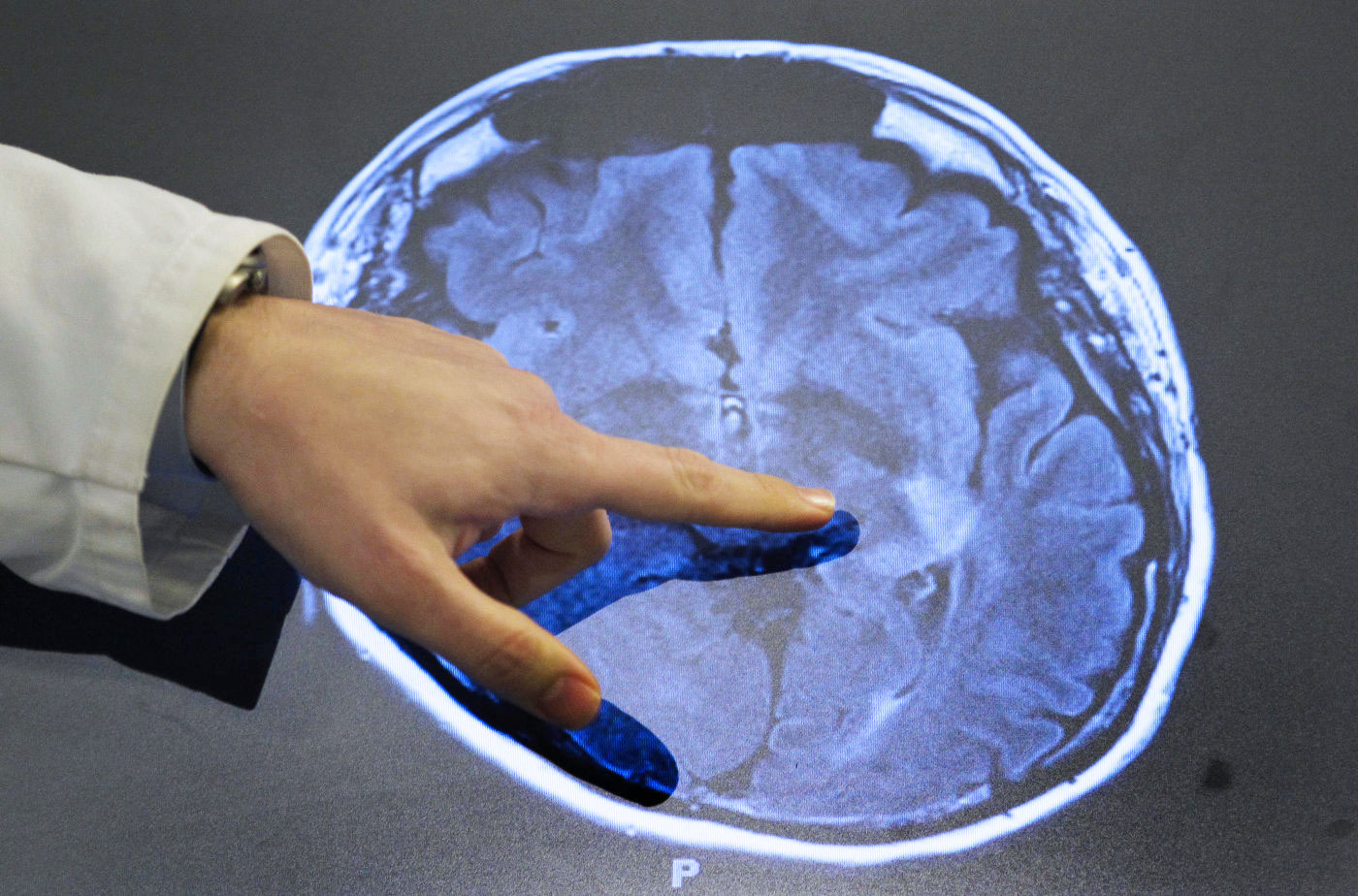
An international team of mad scientists at Japan’s RIKEN Cluster for Pioneering Research (CPR) has created cyborg cockroaches capable of being steered remotely by humans. And not only that but each cockroach is outfitted with a solar-charging backpack and lithium polymer battery to provide it with all the power it needs to consistently power its steering capabilities. This will end well. And by well, as usual, I mean badly.

The cyborg cockroaches are controlled via minute electrical impulses to either the left or right side of the abdomen (administered via wireless button press by a human), which causes them to turn in that direction. That’s cool, but don’t even think about steering them in the direction of my kitchen.
The scientists imagine the cyborg roaches being used for worthy causes like search-and-rescue missions, although I have the sneaking suspicion they’ll also be used for unworthy causes, like crawling up my pant leg with one of my friends at the controls.
[via TechEBlog]
 The Chicago-based biotech company BIOLIFE4D announced today that it has successfully 3D-bioprinted a mini human heart. The tiny heart has the same structure as a full-sized heart, and the company says it's an important milestone in the push to create...
The Chicago-based biotech company BIOLIFE4D announced today that it has successfully 3D-bioprinted a mini human heart. The tiny heart has the same structure as a full-sized heart, and the company says it's an important milestone in the push to create...
 Never mind using DNA to store data -- there may be a simpler way to store info. Brown University scientists have shown that it's possible to store data in solutions of artificial metabolic molecules, such as amino acids and sugars. The presence or...
Never mind using DNA to store data -- there may be a simpler way to store info. Brown University scientists have shown that it's possible to store data in solutions of artificial metabolic molecules, such as amino acids and sugars. The presence or...
 Theranos has come a long way from the days when it was a darling in the biotech industry. The Wall Street Journal's sources have claimed that the blood-testing firm has avoided bankruptcy by securing a $100 million loan from Fortress Investment Grou...
Theranos has come a long way from the days when it was a darling in the biotech industry. The Wall Street Journal's sources have claimed that the blood-testing firm has avoided bankruptcy by securing a $100 million loan from Fortress Investment Grou...
 If you've followed the latest medical research, you know that stem cells are a big deal. They let you repurpose cells so that you can theoretically grow them into whatever you need. However, scientists just got a good reason to be more cautious tha...
If you've followed the latest medical research, you know that stem cells are a big deal. They let you repurpose cells so that you can theoretically grow them into whatever you need. However, scientists just got a good reason to be more cautious tha...

 Brain death in humans is normally considered irreversible. Even if you keep the body running, those damaged brain cells just won't recover to the point where you get a fully functioning person again. However, that isn't stopping Bioquark or Revita Li...
Brain death in humans is normally considered irreversible. Even if you keep the body running, those damaged brain cells just won't recover to the point where you get a fully functioning person again. However, that isn't stopping Bioquark or Revita Li...



 Maintaining infrastructure in the rainforest is a pretty tall order -- the area is dense with vegetation and prone to intense moisture and flooding. Villages like Nuevo Saposoa in Peru have had their electrical grids disabled or destroyed by the elem...
Maintaining infrastructure in the rainforest is a pretty tall order -- the area is dense with vegetation and prone to intense moisture and flooding. Villages like Nuevo Saposoa in Peru have had their electrical grids disabled or destroyed by the elem...
